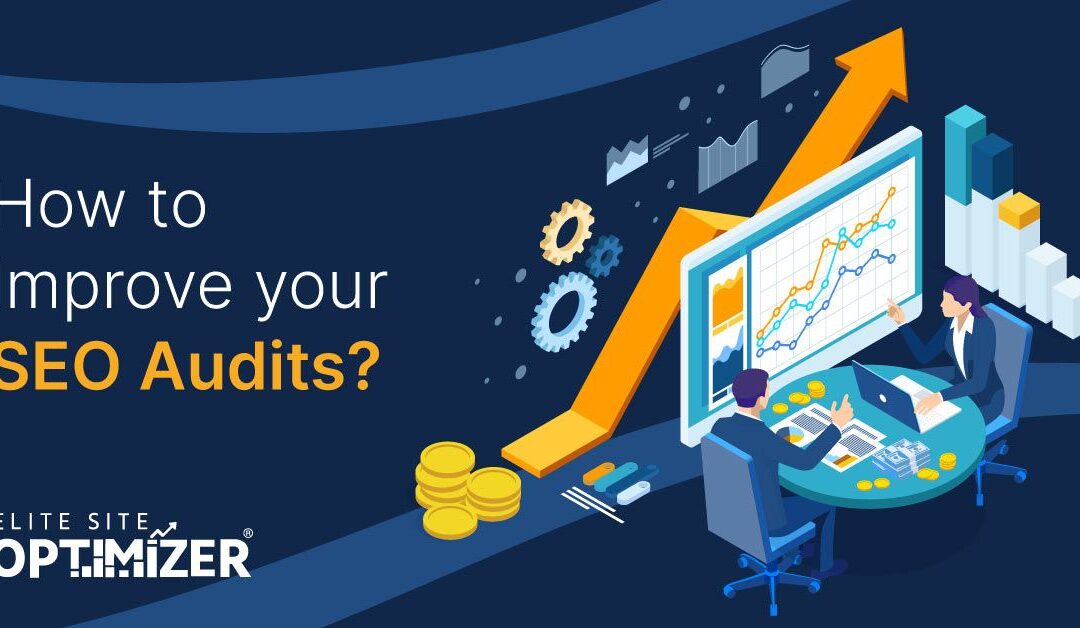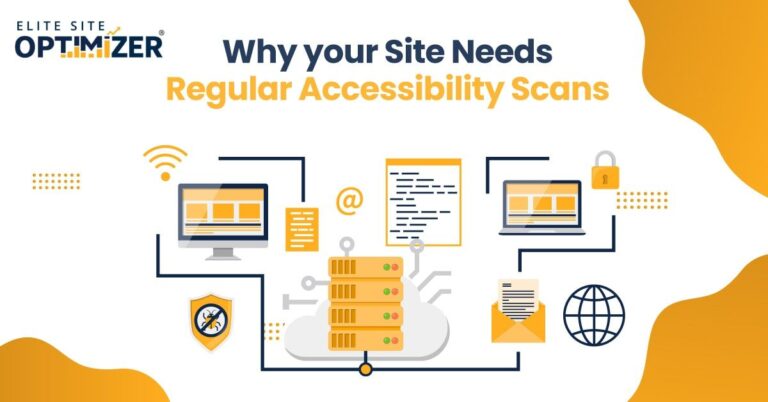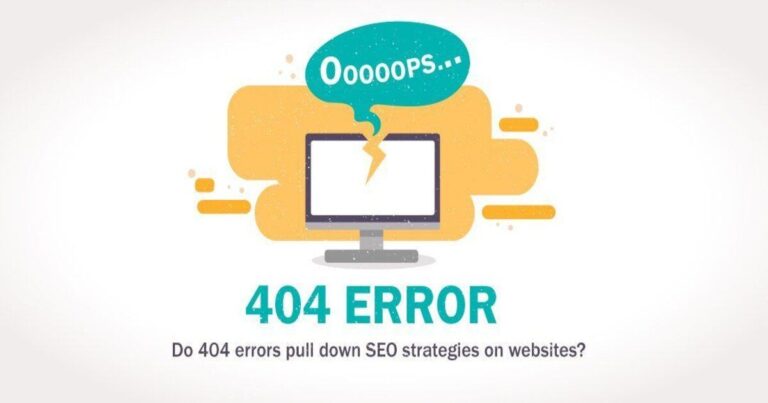A considerable amount of organic traffic your website generates comes organically from the search engine. People type a query in the search bar, hit the search button, and find your brand. This clearly means if your website is not ranking on the first page of the search results, you are missing out on organic traffic.
You must have implemented a great marketing plan, but nothing really works until you improve your on-page, off-page, and technical SEO. It’s equally important to keep working on your SEO strategy and conduct in-depth SEO audits to ensure that it’s in line with your marketing strategy.
- No More PDF Reports
- Improve SEO Audits with Better Communication
- Check for the Duplicate Version of Your Website
- Check the Indexed URLs
1. No More PDF Reports
Gone are the days when PDFs were used as the most popular and effective form of communication. That statement is no longer accurate in today’s competitive times. The biggest problem with the PDF reports is that they never tell the ways you can fix the problems with your website. These reports tell you what problems your website is facing, but they don’t show you how you can fix them. What else? These PDF reports are not in line with the purpose of your website.
2. Improve SEO Audits with Better Communication
Another crucial step to improving your website SEO audits is having clear and seamless communication with the stakeholders and web developers. Working with the stakeholders and the team will help you identify the problems your website might experience if you implement new features or upgrades. It reduces the risk of errors in the SEO report and prevents you from delivering unnecessary SEO audits. Note that you must work as a team rather than as an SEO audit expert when performing a technical SEO audit. The better your communication with your team, the higher your website will rank in the search engine.
3. Check for the Duplicate Version of Your Website
You are supposed to use canonical tags and redirects when publishing the same content on different pages of your website. One of the reasons why some web pages do not get indexed in the search engine is that they are identified as duplicate content. The same goes for your website.
You need to ensure that Google is ranking only a single version of your website. What does that mean? You must have noticed slight changes in the domain address of your website. For example, it could be sitting on http://domain.com and https://domain.com.
Read Also:- What Makes Site Audits Significant to SEO Strategy
Notice the difference?
One website can have duplicate domain addresses just because you have made a few changes to your site’s URL structure and forgot to delete the older one. For a website owner, it is a small change in the website URL, but for search engines, it makes a big difference.
Now, you don’t want multiple versions of your website to get indexed by Google and compete with each other in search engines. First of all, Google bots will not index these pages, as they are marked plagiarized or duplicate work.
If you see multiple versions of your website ranking in the search engine, you need to implement the 301 redirects. This one will combine each version into a single website, making it easier for Google to index your pages.
4. Check the Indexed URLs
This step identifies the number of web pages ranking on Google. Let’s say you are running an eCommerce store and you have several product listings published on the CMS. It goes without saying that you will want each product to be indexed by Google so that your customers are able to find your web pages easily.
In Google Console, you will find the list of the indexed and non-indexed pages. If you see many non-indexed pages, it is a clear sign you have a problem. This can happen for many reasons. For starters, you might be having thin or duplicate content, which is one of the most common reasons why your web pages are not indexed by search bots.
Secondly, if your content quality is not in line with Google’s search ranking algorithm, it could be the reason for your web pages not getting indexed. If your site is not being crawled or getting indexed properly, you need to consult with an SEO expert to identify the root cause of the issue. Make sure there’s no point in running a website that has only a few pages indexed. Each page of your eCommerce site needs to be indexed, and only one version, so that your customers do not face any confusion when searching for your products.
Bottom Line
From the speed of your website to its indexing, there are tons of things that affect your website ranking significantly. It’s important to conduct a proper website audit to ensure that your website is delivering the best results and is performing well in the search engine. Follow the above tips for improving your SEO.







